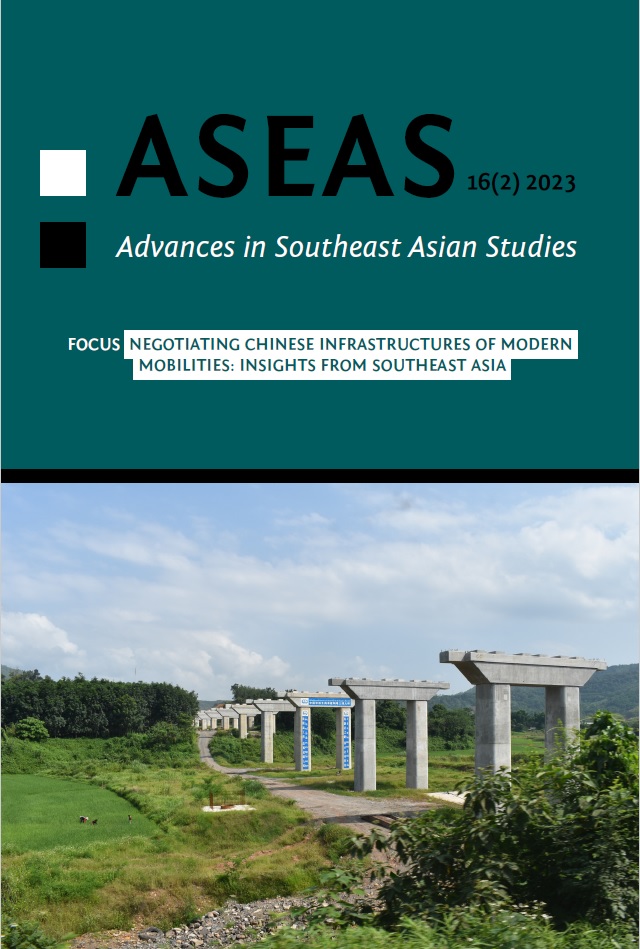Chinese Investor Networks and the Politics of Infrastructure Projects in the Eastern Economic Corridor in Thailand
Publication Description
This research examines Chinese investment and the impact of infrastructure projects on the Eastern Economic Corridor project (EEC), a special economic zone linking Thailand with Cambodia, Laos, Myanmar, Vietnam, and China, which aligns with the Belt and Road Initiative (BRI). Drawing on Actor Network Theory (ANT), this study analyzes emerging Chinese investor networks and the resulting negotiations between various actors such as the Thai state, Chinese and Thai investors, and local farmers. Many Chinese investors have moved their production bases to avoid the tax barriers raised by the United States or Europe, as well as to expand their markets in Southeast Asia. The Thai state offers tax benefits to foreign investors, allowing them to import raw materials and machinery from China, making their production costs lower than those of Thai investors. The findings reveal that the neoliberal state facilitates foreign investors through deregulation: enacting city planning laws that permit the establishment of industrial estates in agricultural zones, thus dispossessing farmers of their land. These factories can release toxic waste, thus impacting the local environment and livelihoods of nearby farmers. Thai business-people are often unable to compete with Chinese investors to match their bids. In order to maintain their positions in these economic networks, they build affective relations with Chinese investors. In addition, these affective relations attract resistance and indignation from locals dispossessed of land and resources.

